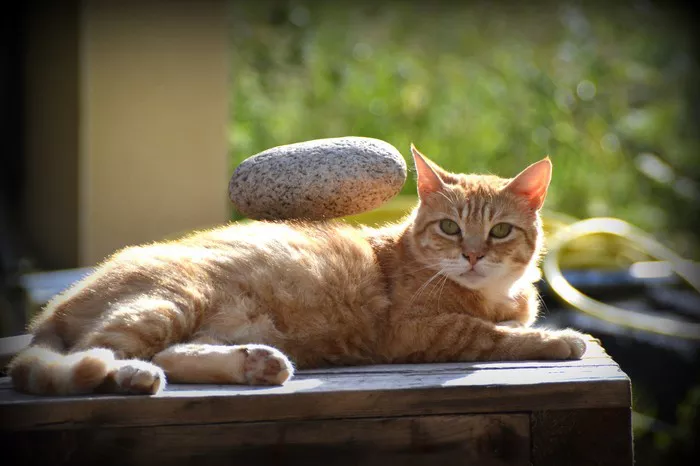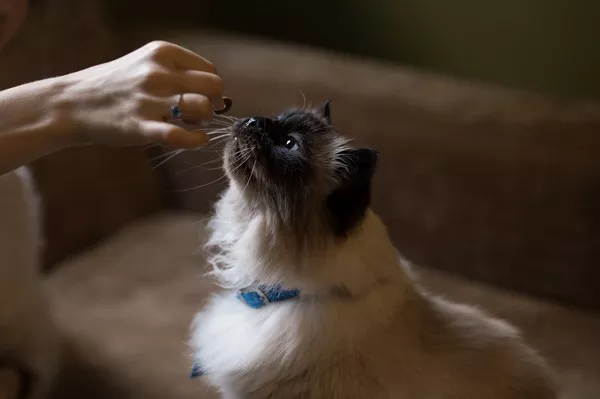Bengal cats are a popular breed known for their exotic appearance and playful personality. One question that many people have when considering getting a Bengal cat is how much they weigh. In this article, we will answer that question in detail and cover all the important information you need to know about Bengal cat weight, including their size, growth rate, and more.
The Average Weight of a Bengal Cat
To start, let’s look at the average weight of a Bengal cat. According to the Cat Fanciers’ Association (CFA), adult male Bengal cats typically weigh between 10-15 pounds, while adult female Bengal cats generally weigh between 7-12 pounds. However, it’s essential to note that these weights are just averages, and individual Bengal cats can vary in weight depending on various factors such as their age, gender, diet, and activity level.
Size and Body Build of Bengal Cats
Bengal cats are generally a medium-sized breed, with a muscular and athletic build that gives them a wildcat-like appearance. They have a short, thick coat with distinctive spots or marbled patterns that come in various colors such as brown, silver, and snow. Bengal cats have a relatively long and lean body shape, with strong legs, broad shoulders, and a tapered tail that’s usually thick at the base and narrow at the end.
Growth Rate of Bengal Kittens
Like most cats, Bengal kittens grow quickly during their first few months of life, gaining weight and size at a rapid rate. According to the CFA, Bengal kittens can double their birth weight within their first week and triple it by three weeks of age. By six months of age, most Bengal kittens will weigh around 6-7 pounds and will have reached about half of their adult size. It’s crucial to monitor your Bengal kitten’s weight and growth during this time and ensure they receive proper nutrition and veterinary care to support healthy development.
Factors That Affect Bengal Cat Weight
Several factors can influence a Bengal cat’s weight, including their age, gender, diet, and activity level. Here are some key things to keep in mind when considering your Bengal cat’s weight:
1.Age: As cats age, they tend to become less active and may experience changes in their metabolism, which can affect their weight. Senior Bengal cats may be more prone to obesity if they’re not getting enough exercise or are consuming too many calories.
2.Gender: Male Bengal cats are generally larger and heavier than females, although there can be exceptions.
3.Diet: What your Bengal cat eats can play a significant role in their weight and overall health. Feeding your cat a balanced and appropriate diet that meets their nutritional needs is essential for maintaining a healthy weight. Overfeeding or feeding your cat a diet that’s high in fat or carbohydrates can lead to obesity and other health problems.
4.Activity level: Bengal cats are an energetic and playful breed that requires plenty of exercise and stimulation to stay healthy and happy. Providing your cat with opportunities to play and engage in physical activity can help maintain a healthy weight and reduce the risk of obesity.
5.Health conditions: Certain health conditions such as thyroid disorders or diabetes can affect a Bengal cat’s weight and require veterinary treatment.
Tips for Maintaining a Healthy Weight in Your Bengal Cat
Maintaining a healthy weight in your Bengal cat is essential for their overall health and well-being. Here are some tips to help you keep your cat at a healthy weight:
1.Feed a balanced diet: Choose a high-quality cat food that meets your Bengal cat’s nutritional needs and feed them appropriate portion sizes based on their age, weight, and activity level.
2.Provide opportunities for exercise and play: Encourage your Bengal cat to play and engage in physical activity by providing toys, scratching posts, and opportunities for climbing and jumping.
3.Monitor their weight: Regularly weigh your Bengal cat and monitor their weight to ensure they’re maintaining a healthy weight. If you notice significant changes in their weight, consult with your veterinarian.
4.Limit treats and table scraps: While treats and table scraps can be an enjoyable part of your cat’s diet, it’s essential to limit these extras to avoid overfeeding and excess weight gain.
Conclusion
In conclusion, Bengal cats are generally a medium-sized breed that weighs between 7-15 pounds, depending on their age, gender, diet, and activity level. It’s essential to monitor your Bengal cat’s weight and provide them with proper nutrition, exercise, and veterinary care to maintain a healthy weight and overall health. By following these tips and guidelines, you can help ensure your Bengal cat lives a happy and healthy life.


























